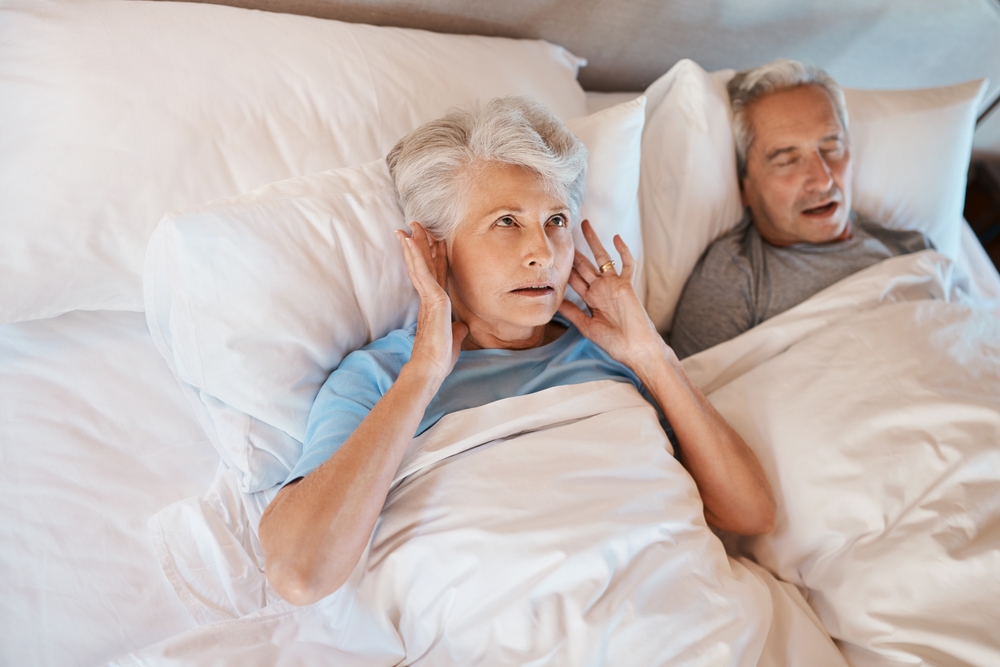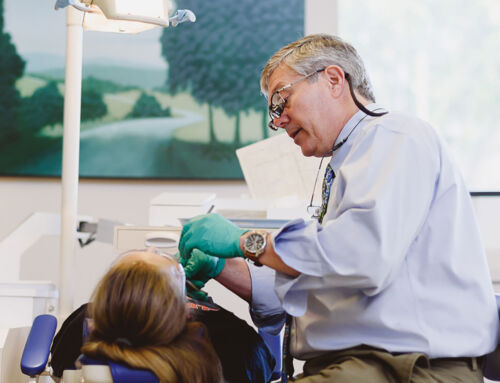Sleep apnea, a disorder characterized by frequent interruptions in breathing during sleep, affects millions worldwide. While numerous factors contribute to its onset, age remains a significant one. But how does our age impact the risk of developing sleep apnea, and how can those at risk seek effective treatment? Let’s dive into the relationship between age and sleep apnea and the implications it holds for older individuals.
What is Sleep Apnea?
Before delving into age as a factor, it’s essential to grasp what sleep apnea entails. The condition involves repeated stops and starts in breathing during sleep. These pauses can last anywhere from a few seconds to minutes and may occur multiple times within an hour. These interruptions can reduce the quality of sleep and lead to various health issues.

Age: A Key Contributor
As we age, certain physiological changes occur in our bodies that can increase the likelihood of developing sleep apnea. Here’s a look at some of the age-related changes and their role:
- Muscle Tone Reduction: Over time, the muscles that keep our airways open lose tone and become laxer. This loss in muscle tone can cause the airway to collapse more readily, leading to obstructions.
- Brain Signal Changes: The brain controls the muscles that help keep the airway open. As we age, these signals may not work as efficiently, making it easier for the airway to become obstructed during sleep.
- Fat Redistribution: With age, fat can accumulate around the neck, exerting added pressure on the airway, leading to partial or complete obstruction.
- Physical Changes in Airway Structure: Age can bring about changes in the size and shape of our airway, making it more susceptible to blockages.
Not Just an Age-Related Issue
While age does increase the risk of sleep apnea, it’s crucial to understand that the disorder can affect individuals of all ages. Children, for example, can experience sleep apnea due to enlarged tonsils or adenoids. Likewise, other factors like obesity, family history, use of alcohol or sedatives, and certain medical conditions can lead to sleep apnea, regardless of age.
Addressing Sleep Apnea in Older Adults
Early detection and treatment are vital. If you or a loved one suspect sleep apnea, consider:
- Sleep Studies: These can help diagnose the severity of sleep apnea and are often the first step towards treatment.
- Lifestyle Changes: Addressing factors like obesity, alcohol consumption, and smoking can help reduce symptoms.
- Medical Devices: Devices like CPAP (Continuous Positive Airway Pressure) machines help keep the airway open during sleep.
- Orthodontic Solutions: At Ahava Orthodontics in Fort Worth, we offer specialized treatments, including devices designed to reposition the lower jaw and tongue, which can help in managing sleep apnea.
Over 40 With Sleep Apnea: What Now?
The link between age and sleep apnea is clear, with older individuals facing a heightened risk. Recognizing the signs, understanding the risks, and seeking early intervention are crucial steps. If you reside in Fort Worth and are concerned about sleep apnea, Dr. Barron at Ahava Orthodontics is ready to assist. With our expertise, we can guide you towards optimal solutions tailored to your needs.




